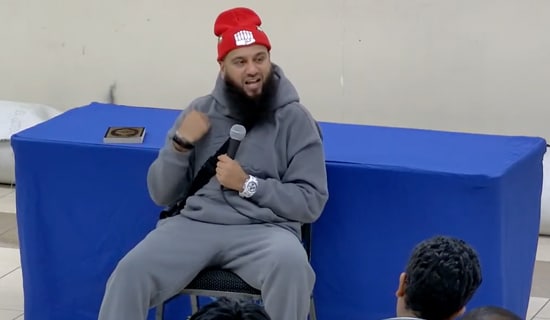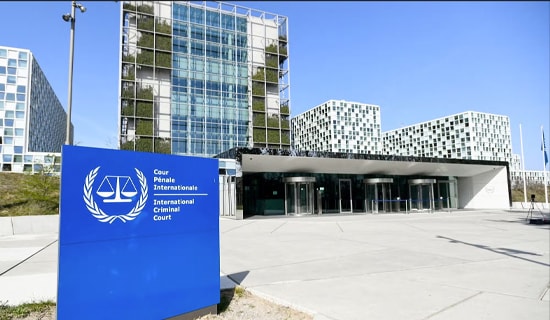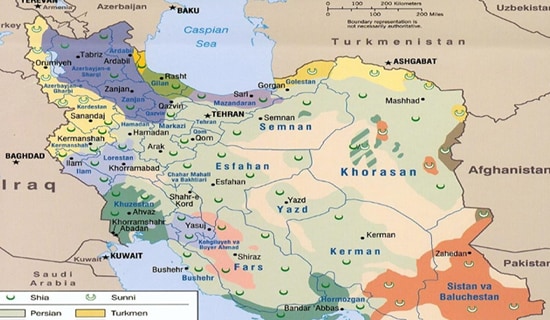Immediately following the release of the Geneva document on November 24, 2013, U.S. Secretary of State John Kerry stressed that the deal did not give Iran the right to enrich uranium.
However, various Iranian spokesman have repeatedly reiterated that the document does indeed give Iran the right to enrich uranium; that the U.S. and the other 5+1 members have recognized this right; and that the U.S.'s statements to the contrary are a distorted interpretation of the document for domestic purposes. The following MEMRI reports focus on Iran's interpretation of the Geneva document:
- MEMRI Special Dispatch No. 5601, Iranian President Rohani: 'The Geneva Agreement... Means The Superpowers' Surrender To The Great Iranian Nation,' January 14, 2014
- MEMRI Inquiry & Analysis No. 1050, The Geneva Joint Plan Of Action: How Iran Sees It (1), January 13, 2014
- MEMRI Special Dispatch No. 5535, The Geneva Joint Plan Of Action According To Iranian President Rohani And Iranian FM Zarif, November 24, 2013.
In contrast to Kerry, in statements at a February 22, 2014 roundtable with journalists in Jerusalem, U.S. Under Secretary of State for Political Affairs Wendy R. Sherman confirmed the Iranian interpretation of the final Geneva document – i.e. that it does indeed give Iran the right to enrich uranium. She also defined "zero percent enrichment" as "an unrealistic demand."
The following are the main points of Kerry's November 2013 statements and Sherman's February 2014 statements on Iran's uranium enrichment (emphases by MEMRI).

Secretary of State John Kerry (Image: State.gov)
Statements By U.S. Secretary Of State John Kerry, Geneva, November 24, 2013
Following Release Of Geneva Document
"This first step – let me be clear. This first step does not say that Iran has a right to enrichment. No matter what interpretive comments are made, it is not in this document. There is no right to enrich within the four corners of the NPT. And this document does not do that. Rather, the scope and role of Iran's enrichment, as is set forth in the language within this document, says that Iran's peaceful nuclear program is subject to a negotiation and to mutual agreement. And it can only be by mutual agreement that enrichment might or might not be able to be decided on in the course of negotiations."[1]
With George Stephanopoulous On ABC News' "This Week"
"QUESTION: There also seems to be a clear difference between the United States and Iran on the issue of whether they have the right to enrich uranium. You say the deal does not include any recognition of that right. The Foreign Minister of Iran says it includes it in two distinct places. I just want to know: What is the U.S. position? Does the U.S. respect and recognize that right of Iran's, yes or no?"
"SECRETARY KERRY: No, there is no right to enrich. We do not recognize a right to enrich. It is clear in the NPT, in the Nonproliferation Treaty. It's very, very clear that there is no right to enrich. But under the terms of this agreement, there will be a negotiation over whether or not they could have a very limited, completely verifiable, extraordinarily constrained program where they might have some medical research or other things they could do. But there is no inherent right to enrich. And everywhere in this particular agreement, it states that they could only do that by mutual agreement, and that nothing is agreed on until everything is agreed on. That language appears at least twice, in significant places in this agreement.
"So there is no agreement that they can enrich. They have ability to negotiate it, but they could only gain that capacity to have some enrichment, as some countries do, if they live up to the whole set of terms necessary to prove it's a peaceful program. So Iran has some very stiff hurdles that they're going to have to meet in order to do that. There is no right, and there is no right granted in this agreement.
"QUESTION: We're seeing the first Israeli –
"SECRETARY KERRY: They have a right according to the NPT. Let me just say, George, they do have a right, any country has a right, if you're in the NPT, to a peaceful nuclear program. That – there is a defined right within the NPT. But a peaceful nuclear program does not mean you have the right to enrich..."[2]

Under Secretary of State for Political Affairs Wendy Sherman (Image: State.gov)
Statements By U.S. Under Secretary Of State For Political Affairs Wendy R. Sherman, Jerusalem, February 22, 2014
"Well, what I said earlier. I think we all would prefer zero enrichment. I would prefer many things. I think that that is not likely, but we certainly have put it as an option on the table with Iran, because if they had international cooperation outside their country, that provides benefits to their country and to their people; it may be more economical than what they're trying to do. So I understand the objective.
"But as I said, there are other paths besides zero enrichment to ensuring that Iran won't get a nuclear weapon and that their program is exclusively peaceful. But if they do have a domestic enrichment program at the end of this negotiation, it will be small, it will be limited, it will be highly constrained, it will be thoroughly verified. But we're not there yet...
"People will make all kinds of comments. And quite frankly, I would like there to be zero enrichment, I would like there to be no facilities, I would like there not to be an indigenous program. I think I would like many things in life. But that does not mean I will always get them, and that is not necessarily the only path to ensuring that Iran does not get a nuclear weapon and that the international community can have confidence in the exclusively peaceful nature of its program. So that is certainly a path to that end, but it is not likely to – a negotiation doesn't mean I get everything I want perfectly. What it means is will I get what I need to ensure that Iran does not get a nuclear weapon ..."[3]
Endnotes:








